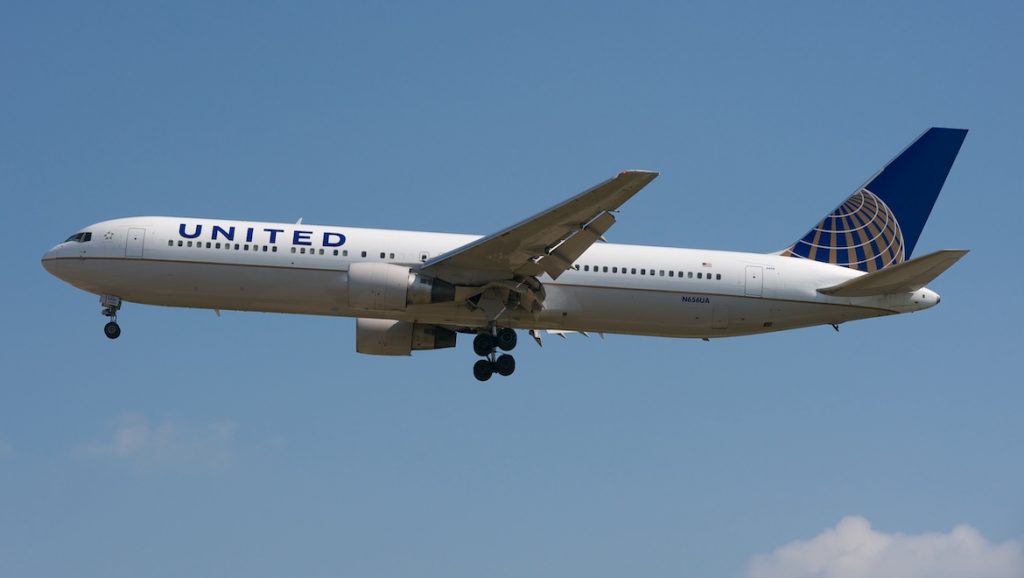
United Airlines has turned to reducing flight schedules after thousands of employees have tested positive for COVID-19 amid the Omicron surge.
In a staff memo, chief executive officer Scott Kirby said that 3,000 employees are infected with the virus, and in one day alone at Newark, almost one-third of the company’s workforce called in sick.
“The Omicron surge has put a strain on our operation, resulting in customer disruptions during a busy holiday season,” Kirby said in the memo.
“While we go to great lengths to avoid cancelling flights, we worked to get ahead of the impact by acting early to cancel flights when necessary and notifying impacted customers in advance of them coming to the airport.
“We’re also reducing our near-term schedules to make sure we have the staffing and resources to take care of customers.”
The CEO did not detail how the schedule would change but noted a “high percentage” of the company’s customers have been placed on alternate flights.
“Considering the impact of Omicron and winter weather, our NPS scores and contact centre hold times continue to hold up well,” he added.
Omicron emerged in late November from South Africa and has caused the most widespread surge in cases across the globe, forcing airlines to reduce flights to mitigate the lack of available employees.
Low-cost carrier JetBlue Airways also cut its schedule from 6 to 13 January due to the surge, reporting a reduction of 1,280 – or 10 per cent– flights across the week.
Despite the impacts on United, Kirby said the company’s vaccine requirement is proving to be “working” and “saving lives” while cases rise within the airline.
In early August last year, United said its 67,000 employees would need to be fully vaccinated by 25 October.
Before that, United only mandated crew to be vaccinated if traveling to high-risk countries, specifically to India, Brazil and numerous South American regions.
Since then, the Chicago-based airline fired over 200 workers for not receiving the vaccination or a medical exemption.
“Zero of our vaccinated employees are currently hospitalised,” Kirby said.
“Since our vaccine policy went into effect, the hospitalisation rate among our employees has been 100x lower than the general population in the US.”
Kirby noted that before the requirement was implemented, more than one United employee per week was dying from COVID-19, but now the company has reported eight straight weeks of zero deaths among vaccinated workers related to the virus.
“That means there are approximately 8-10 United employees who are alive today because of our vaccine requirement,” he said.




